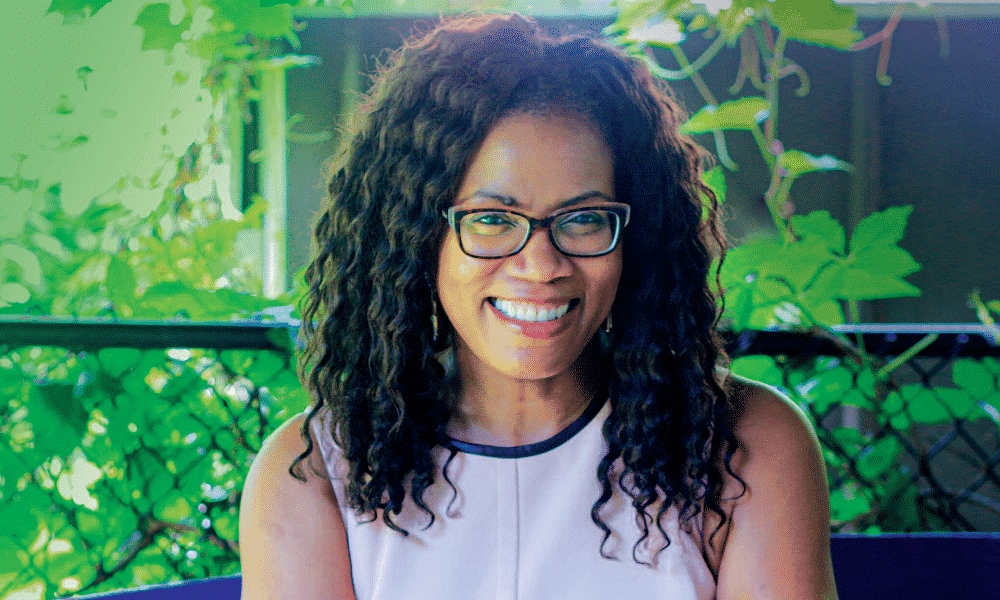Advisor says it's a bigger issue with boomers than millennials, but you should still open discussions to keep them on board

If you’re an advisor who wants to retain female clients after their partners die, divorce, or fall ill, you need to include them in the planning and financial discussions before that happens, one financial advisor told Wealth Professional.
“It tends to be the female who’s out of the loop on finances, and that’s an issue,” said Jackie Porter, founder of Team Jackie Porter in Mississauga, Ontario, which is with Carte Wealth Management. “Interestingly, it’s more common with boomers than millennials.”
“Millennials tend to have more conversations about money earlier,” she added, noting they’re less likely to assume they’ll marry and are more often living together.
“But, another interesting thing about millennials – and maybe it’s because they got jobs when we had the last recession – is they may not be financially where they hoped to be at this stage, so every penny counts. So, I find that generation tends to talk about money more,” said Porter. In fact, after doing some research, she discovered that if millennials find out their partner has a significant amount of debt, “that relationship is often doomed.”
Beyond that, Porter noted that 50% of the fastest growing group of female entrepreneurs are millennials. “They’re building their wealth and tend to be more interested, and involved, in their finances and more interested in what’s going on with their investments,” she added. “So, women are not a monolithic group, but the boomers, in particular, tend to fall into those stereotypical roles where, more often than not, they’re not involved in their finances.”
Advisors can get them involved, however – and Porter urged they do since statistics show those women will soon be managing more of the wealth, and they often leave their existing advisors when their partners are no longer there.
“We’re going to lose those clients if we’re not engaging them,” she said.
What she finds works well is to have a separate meeting with each spouse, especially if the women aren’t talkative around their partners or if there’s an income discrepancy that leaves them feeling they don’t have as much financial say. “If they don’t feel confident around their finances,” she added, “they tend to defer to their partners.”
Porter asks the non-financial partners questions to get them to open up more and share their money cares and concerns. Then, she has an annual meeting with both people about both of their concerns.
Women also often want more details about their financial or estate plans, retirement preparedness, or investments.
“They want to make sure they get the big picture, but also understand how everything fits together,” she said. “It’s important to circle in to make sure they understand the terminology that we’re talking about and they’re all on the same page. So, it’s important to ask them more open-ended questions.”
“When I do individual meetings, I make sure they understand and aren’t just going along,” she said. “So, I ask them questions about what they want to see happen with their retirement and what their fears are, and I just drill down.”
Porter likes to use Naviplan technology for retirement plans as its 89% or 98% preparedness rating opens discussions.
Spending this time with each member of the couple can also aid its relationship as the process helps them talk about money, which they often avoid in order not to be confrontational or rock the boat.
“I think it’s a really amazing opportunity to bridge those conversations around financial equality,” said Porter. “I find that these days I’m having even more men and women coming to me wanting to talk about things like prenuptial and postnuptial agreements with their partners, even to set the stage of how they will pay their bills together.”
Advisors can also suggest best practices, such as splitting expenses on a percentage proportionate to each income.
“I think more planners are going to need to start dealing with this,” said Porter. “It’s an amazing opportunity to influence clients around equality and helping marriages work better because people tend to struggle around finances and that leads to discontent in a marriage, and it’s not necessarily because the relationship isn’t working. If you’re both clueless around money, you can’t come up with practical solutions.
“The biggest way that advisors can help clients is involving the female or male – whomever is not involved in the finances. Get them involved because there’s so much to lose. When the financial person dies, gets sick, or decides to leave and has no idea what’s going on with a household, it’s a horrible time to find out,” she said, “So I think every advisor should be putting this into their planning so they can engage their female clients. You can help them get more confident and take a more active role around their finances and their relationship.”



